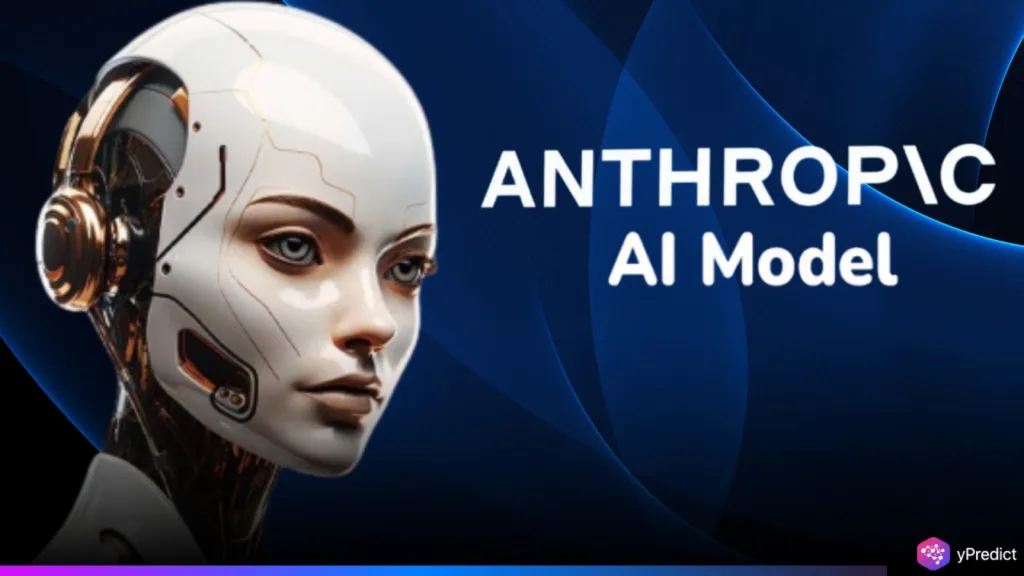
The future of software engineering is no longer speculative, it’s arriving line by line through Claude 4 autonomous AI coding. Claude Opus 4 represents a major leap, managing extended coding sessions independently with minimal developer oversight or manual input. This advancement goes beyond smarter AI; it redefines how developers build, test, and maintain today’s increasingly complex software systems. With tools like Claude Code and Sonnet 4, Anthropic transforms AI from a passive assistant to an active collaborator in enterprise development.
Developer Workflows Get an AI Upgrade With Claude 4
Anthropic, an AI research startup, has unveiled two new models representing a substantial advancement in autonomous artificial intelligence capabilities. The flagship release, Claude Opus 4, together with the more accessible Claude Sonnet 4, is intended to reimagine how AI agents might function over long periods, solve complex issues, and operate with greater autonomy and consistency.
Claude Opus 4 is Anthropic’s most advanced AI, built to handle complex tasks autonomously for long durations. Rakuten deployed Opus 4 to manage a demanding open-source project continuously for seven hours without any human involvement. In another test, it played Pokémon Red for 24 hours while simultaneously generating a real-time gameplay guide. With improved memory and reasoning, Opus 4 shifts AI from task-based tools to autonomous agents tackling diverse, independent challenges.
Claude 4’s ability to maintain long-term, cohesive task performance marks a key milestone in artificial general intelligence (AGI) research. Unlike Claude 3.5 Sonnet, which generated code for only 45 minutes, Opus delivered continuous output with consistent logical coherence.
A key improvement in both models is a 65% reduction in reward hacking, where AI takes shortcuts to complete tasks incorrectly. This was achieved through enhanced training, monitoring, and evaluation, ensuring safer, more reliable performance in autonomous, high-stakes applications.
Claude Sonnet 4 and Claude Code
Anthropic also released Claude Sonnet 4, a more efficient model that delivers strong reasoning and improved instruction-following for coding tasks. Though less powerful than Opus 4, Sonnet 4 is available to free and paid users, making it ideal for everyday use. Both models feature dual response modes, fast replies, and deep reasoning while using external tools like web search simultaneously. This hybrid architecture enhances productivity and versatility, making both models well-suited for complex development work and diverse enterprise applications.
Additionally, Anthropic introduced several developer-focused upgrades, expanding functionality and making AI tools more powerful and accessible for engineering workflows. Claude Code, now out of beta, integrates with IDEs like VS Code and JetBrains to support real-time inline code edits. A new SDK lets developers build custom AI apps with support for background tasks, GitHub Actions, and flexible workflow automation. Updated API features include a code execution engine, MCP connector, file access, and prompt caching for smarter, context-aware AI agents.
Leading Performance in Real-World Benchmarks
Claude Opus 4 is presently regarded as the best AI model for coding, defeating competitors in industry benchmarks such as SWE-bench (72.5%) and Terminal-bench (43.2%). Partners, including Cursor and Replit, have praised its precision and versatility in complex multi-file situations. Block and Cognition feedback verify the impact on quality control and debugging procedures, while Sourcegraph and GitHub emphasise Sonnet 4’s rise as a dependable backbone for next-generation coding agents.
Claude Opus 4’s ability to work autonomously for hours highlights AI’s growing role in replacing repetitive tasks like audits or research. Enterprise adoption is surging, Menlo Ventures projects a sixfold rise in spending by 2024, with Anthropic closing in on OpenAI.
As adoption increases, Claude 4 autonomous AI coding may become a cornerstone in enterprise workflows, shifting how organizations think about software automation. McKinsey reports that over 90% of organizations plan to boost AI investment, while Google, Microsoft, and Apple race to develop autonomous coding tools.






